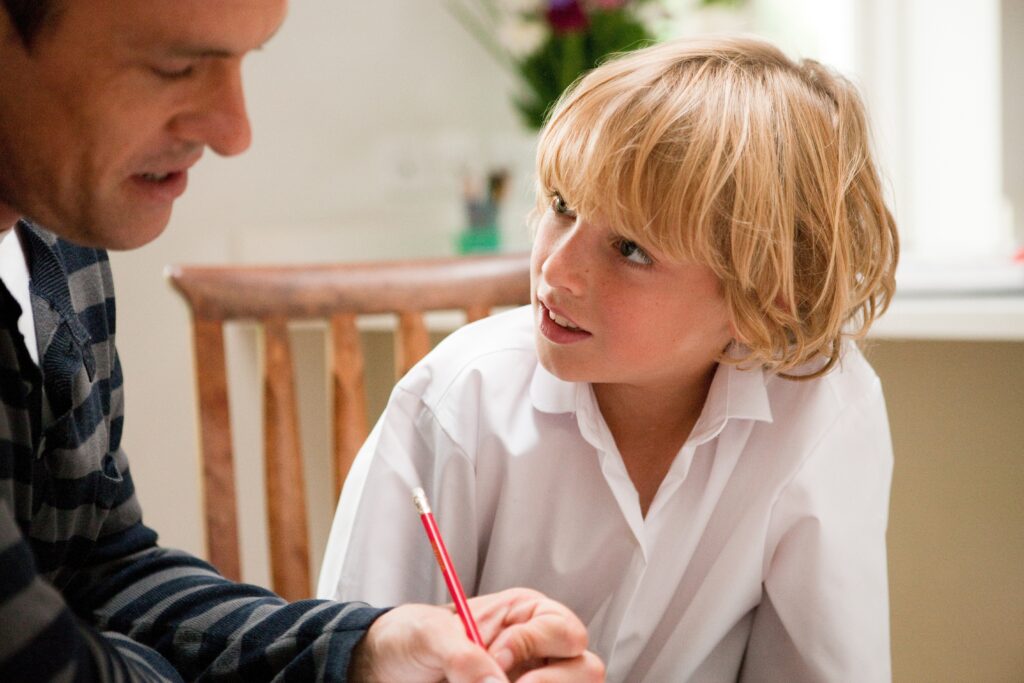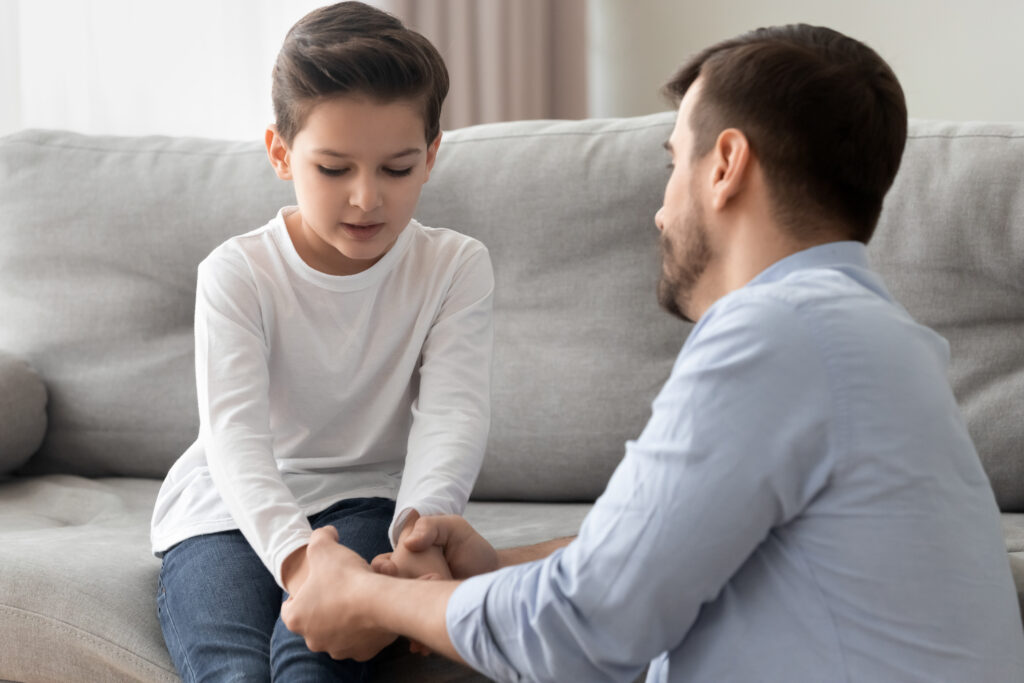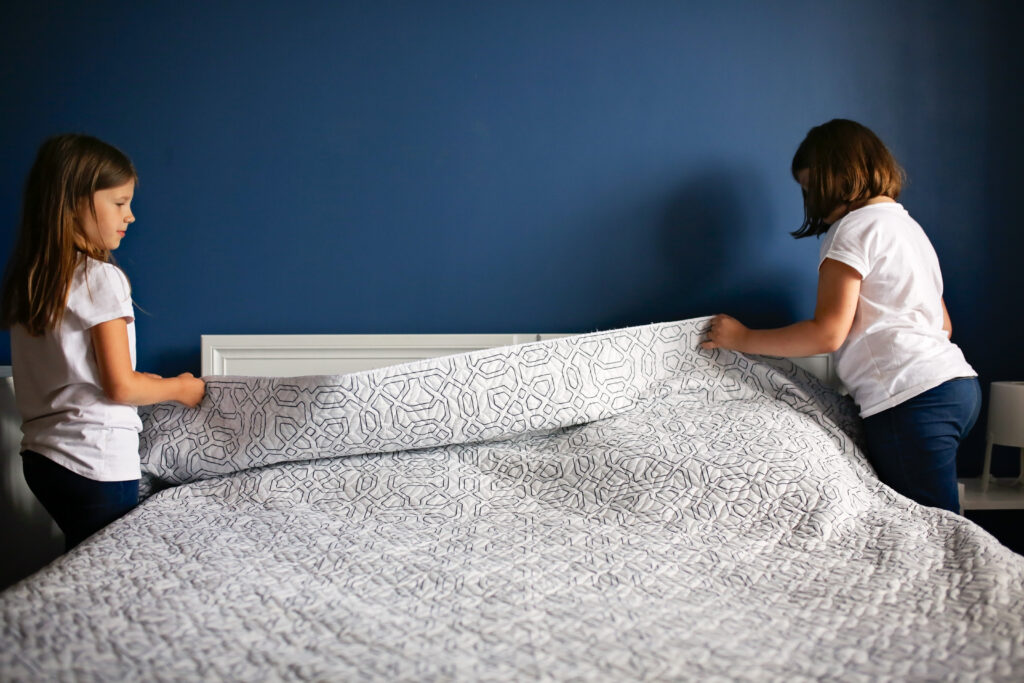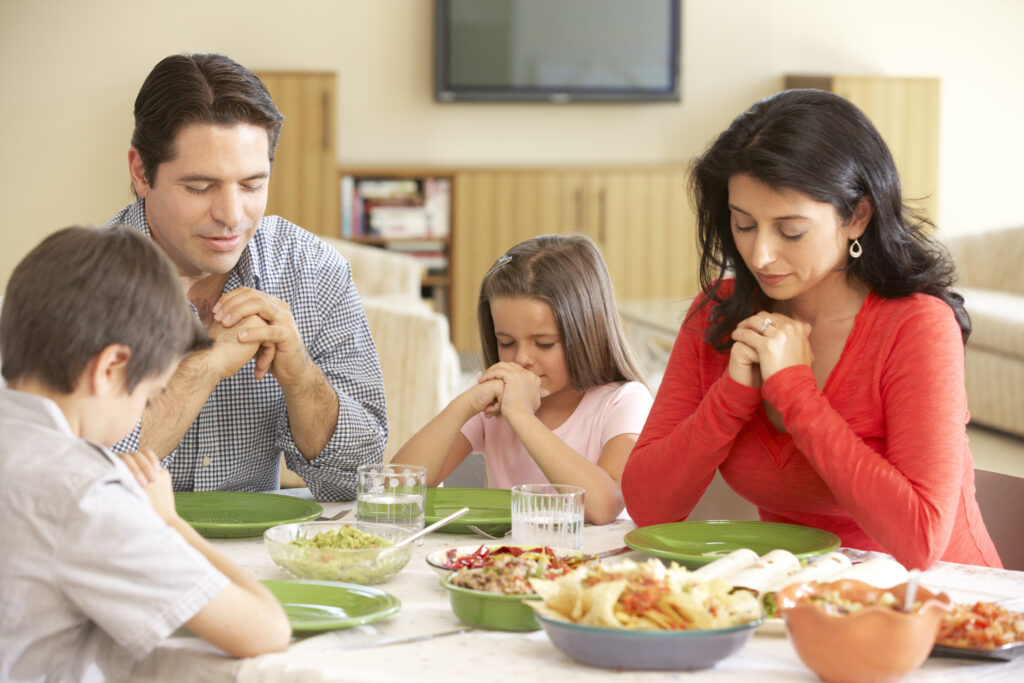These timeless nuggets of wisdom shaped a generation and still hold true today.

You won’t believe how much we learned just by sitting down for family dinners in the 1960s. Back then, parents didn’t hold back when it came to dishing out advice, and those lessons stuck with us for life. Whether it was a gentle reminder or a stern warning, every conversation seemed to carry a deeper meaning. These weren’t just offhand comments; they were guiding principles passed down through lived experience.
Today, as we reflect on those moments, it’s clear how much of their wisdom still shapes us. In a world that moves faster than ever, revisiting these life lessons feels grounding. They remind us of values we sometimes forget—like patience, resilience, and the importance of showing up for others.
1. “Hard Work Always Pays Off, Even When It Doesn’t Feel Like It”

Our parents constantly reminded us that effort matters more than shortcuts. We didn’t always appreciate it—especially when we were tired or discouraged—but they understood something deeper. They knew that life doesn’t always give out rewards right away, and part of building character is learning to stick with something even when the payoff is uncertain. That kind of perseverance helped us in school, in careers, and in relationships. It gave us a kind of inner pride that success alone couldn’t.
Persistence is strongly linked with long-term success and personal satisfaction. Our parents lived that out, and now we do too. Even now, when a project doesn’t go as planned, their voice is in our heads reminding us to finish what we started. It’s not about the trophy—it’s about knowing we gave it our all. There’s a kind of deep confidence that grows when you’ve learned to rely on your own grit.
2. “Respect Is Earned, But You Should Always Start by Giving It”

This wasn’t something we just heard once—it was modeled for us in everyday life. Whether it was the way our parents greeted the mailman, how they spoke to elders, or even how they handled disagreements, they showed us that giving respect was a first step, not a reward. They believed that treating people with basic decency opened the door to mutual understanding. And even if respect wasn’t returned, we could walk away knowing we upheld our own values.
Initiating respectful behavior often leads to healthier, more cooperative relationships. Our parents didn’t need studies to prove that—they lived it. That’s why many of us still approach people with kindness before judgment. It’s not about being naive; it’s about choosing the kind of person we want to be. And over the years, this habit has helped us form deeper bonds and avoid unnecessary conflict.
3. “If You Don’t Have Anything Nice to Say, Keep Your Mouth Shut”

It might sound simple, but this phrase shaped the way we communicate. Our parents made it clear that words carried weight. They didn’t tolerate gossip or snide remarks, especially in front of children. Instead, they nudged us toward thinking before we spoke, reminding us that silence is sometimes more powerful than the wrong words. Even as kids, we noticed how tension eased when someone chose not to escalate a situation.
This principle has surprising depth, and as The Atlantic shared, avoiding negative speech not only preserves relationships but also improves mental well-being. That small pause—the moment we consider the impact of our words—was a gift they gave us. Today, when we hold our tongue during a heated moment, we’re honoring their wisdom. And when we speak up, we do it with intention, knowing that kindness always has more staying power than cruelty.
4. “Save Your Money, Because Rainy Days Are Always Around the Corner”

Money talks weren’t optional growing up; they were part of daily life. Our parents had seen hard times, whether it was the Great Depression, post-war recovery, or job layoffs. They didn’t spend money recklessly, and they certainly didn’t encourage debt. They wanted us to learn that financial freedom starts with small acts of restraint. A few dollars here, a packed lunch instead of eating out—those habits added up to peace of mind.
Even now, we hear their voice when we’re tempted to splurge. Their approach wasn’t about fear; it was about being ready. Emergencies are a fact of life, and having a cushion can turn panic into problem-solving. That kind of foresight feels old-fashioned to some, but it’s served us well. We’re teaching our children the same thing—not because we expect the worst, but because preparation offers security, dignity, and choice.
5. “Family Comes First, No Matter What”

There was never any doubt about where our parents stood when it came to family. Birthdays, holidays, and even small wins were shared and celebrated together. That sense of closeness didn’t just happen; it was intentionally created. Our parents made sure we knew that family was the backbone of life, even when things got messy or complicated. Forgiveness, loyalty, and presence weren’t optional—they were expected.
That mindset has stayed with us. We’ve moved across the country, gone through divorce, juggled careers—but that internal compass still points toward home. When we’re hurting, when we’re joyful, or when we just need a reminder of who we are, family is where we turn. It’s not always perfect, but it’s worth the effort. Our parents didn’t just say “family first”—they proved it in every action, every sacrifice, every hug.
6. “Your Word Is Your Bond, So Don’t Break It”

A promise was sacred in our house. Our parents didn’t make commitments lightly, and they expected the same from us. Whether it was returning a borrowed item, showing up on time, or following through on a task, they drilled into us that dependability mattered. If you gave your word, you were expected to honor it, even if it became inconvenient.
This lesson built our reputation more than anything else. Over the years, being trustworthy has opened doors, sustained friendships, and provided a foundation for leadership. It’s something we value deeply in others, too. In a world full of broken promises and blurred boundaries, that simple expectation—say what you mean and mean what you say—feels like a superpower.
7. “Life Isn’t Fair, So Learn to Deal with It”

It might have been tough to hear as kids, but it was the truth. Our parents didn’t sugarcoat life, and they didn’t pretend every injustice could be fixed. What they did was teach us how to face challenges without folding. Whether it was a bad grade we didn’t deserve or a job we didn’t get, their message was clear: disappointment is part of the deal.
That realism didn’t make us bitter—it made us resilient. It taught us to find our footing again and again, no matter the setback. We learned to focus on what we could control: our effort, our attitude, our response. That mindset has carried us through some of the hardest chapters of adulthood, and it all started with a simple, uncomfortable truth shared at the kitchen table.
8. “Always Put Yourself in Someone Else’s Shoes”

Empathy was one of the most important values our parents tried to teach us. They reminded us not to jump to conclusions, to ask questions, and to imagine what someone else might be going through. It wasn’t about being agreeable all the time—it was about making room for humanity in our decisions and conversations.
Now, when we encounter conflict or watch the news, we find ourselves tapping into that old lesson. It’s a skill that helps us parent, manage teams, and connect with strangers. The world feels a little less hostile when we remember that everyone’s carrying something we can’t see. Thanks to our parents, we approach others with a softer edge and a more open heart.
9. “Clean Up After Yourself—It’s Not Someone Else’s Job”

Chores weren’t optional when we were growing up, and our parents didn’t believe in excuses. We were taught to take care of our space, not because it was glamorous, but because it was responsible. Making your bed, doing the dishes, and picking up after yourself were seen as small but powerful acts of self-respect.
That lesson has stuck with us through college dorms, first apartments, and now our own homes. It’s about more than tidiness—it’s about accountability. When we clean up our messes, we’re saying, “I take ownership of my actions.” And that mentality spills over into our relationships, our work, and our character. It’s a daily reminder that maturity begins with responsibility.
10. “Be Grateful for What You Have, Even If It’s Not Much”

Our parents didn’t have to tell us to be grateful—they showed us. Whether it was stretching a meal to feed everyone or celebrating a small win with big enthusiasm, they taught us to recognize blessings in the ordinary. Gratitude wasn’t a feeling; it was a habit they practiced out loud.
Even now, in a world obsessed with more, we find ourselves pausing to say “thank you” for what we’ve got. That perspective helps us focus on what matters and softens the edges of our disappointments. Gratitude, they showed us, is the fastest way to turn what you have into enough.
11. “You’re Not Better Than Anyone, But No One’s Better Than You”

Humility and confidence coexisted in our upbringing. Our parents didn’t want us looking down on anyone, no matter their job, clothes, or background. But they also didn’t want us shrinking or doubting our worth. This balance was powerful—and rare. It allowed us to move through the world with respect and self-assurance.
That balance has been a guide in our adult lives. We know how to stand tall without standing over others. We know that true strength doesn’t need to belittle someone else. In every job interview, every relationship, and every moral crossroad, this lesson whispers in our ear: hold your head high, and keep your heart humble.
12. “Be Careful Who You Trust—Not Everyone Has Good Intentions”

Our parents weren’t trying to make us paranoid; they were preparing us for the real world. Trust, they said, should be earned slowly. They reminded us to watch people’s actions more than their words and to notice patterns over promises. It wasn’t about suspicion—it was about discernment.
That cautious wisdom has saved us heartache more than once. We’ve learned to protect our peace, to choose friends wisely, and to guard our time and energy. And when we do find trustworthy people, we hold onto them tightly—because we know how rare and valuable they truly are.
13. “The Most Important Things in Life Can’t Be Bought”

We didn’t grow up chasing labels or luxury. Our parents measured richness in love, laughter, and presence. Vacations were rare, but bedtime stories were nightly. Gifts were modest, but meals were shared. They made sure we knew that the best parts of life didn’t come with a price tag.
That lesson resonates louder now than ever. In a world that equates success with accumulation, we’ve found that joy often lives in the simple stuff—a kind word, a deep conversation, a quiet morning. Our parents’ wisdom keeps us grounded, reminding us that the richest life is one built on moments, not money.
